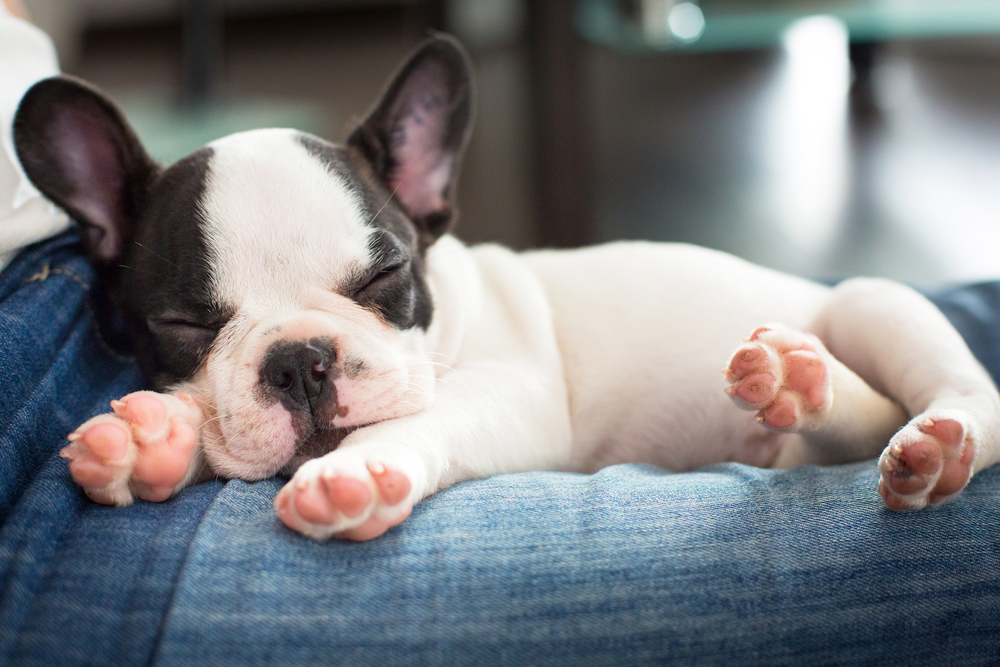Dreams are not the only reason for a dog’s sleep twitching.
Others are reading now
Dogs rest for many hours each day, approximately 16 hours, lying relaxed and comfortable. While canine sleep is generally lighter than that of humans, dogs do reach a deep sleep phase.
According to Tag24 during this phase, twitching can occur, sometimes accompanied by whimpering or howling.
It’s easy to imagine our furry friends dreaming of running through green fields, playing joyfully with other dogs, or encountering a sweet canine companion. Indeed, dog experts suggest that twitching during sleep is often linked to intense dream phases.
REM-sleep
Apart from the normal and harmless reason of dreaming, there are other potential explanations for a dog’s twitching while asleep.
Also read
Dogs, like humans, experience stress, illnesses, or simple muscle relaxation during sleep, which can manifest as twitching.
Recognizing alarm signals and acting promptly when necessary is crucial.
Though human and canine sleep differs in many aspects, both species go through several sleep phases, including deep sleep and REM phases.
In the REM phase, where most dreams occur, muscles relax while the brain remains highly active.
This is when many dogs physically react to their dreams, resulting in harmless twitching.
6 Other Reasons
However, dreams are not the only reason for a dog’s sleep twitching. Here are six other possible causes for this behavior in dogs:
-
Muscle Relaxation: During the REM phase, muscle relaxation can cause twitching, often noticeable in the legs, paws, or lips of the dog.
-
Puppy Growth: If a puppy twitches in sleep, it could be due to growth. As young dogs grow, their bodies and nervous systems develop, potentially causing twitching.
-
Processing Stress or Anxiety: Dogs may process stress or anxiety experienced during the day through twitching in their sleep.
-
Exhaustion: After a long walk or vigorous play, an exhausted dog’s muscles may twitch during deep sleep.
-
Health Problems or Pain: Pain or health issues can also lead to sleep twitching. Frequent occurrences should prompt a visit to the vet for a thorough examination.
-
Neurological Disorders: Twitching might indicate neurological issues like epilepsy or nerve damage. Consulting a vet is essential if neurological problems are suspected to adjust any necessary medications.
The reasons for a dog’s sleep twitching are varied, with most being normal and harmless. However, medical causes that require attention do exist, and timely action can ensure the well-being of our canine companions.


